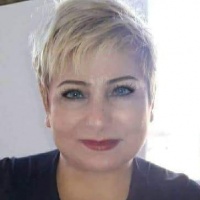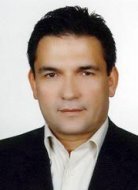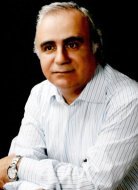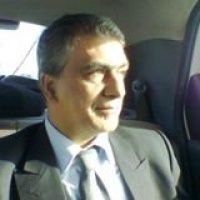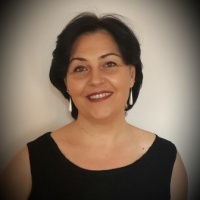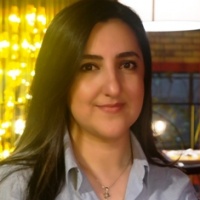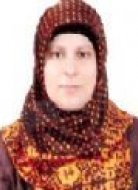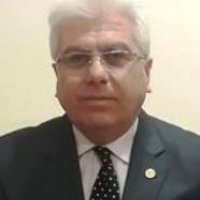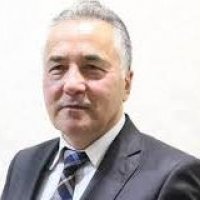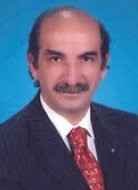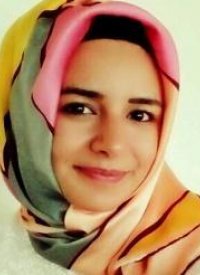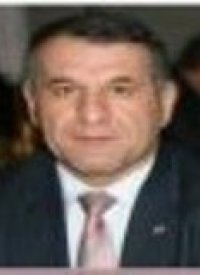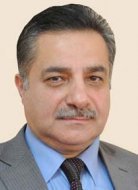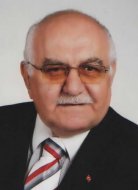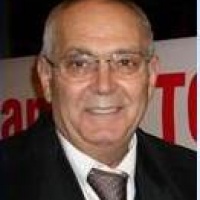(Adds details.)
Nafiz Albayrak / North Carolina, Oct 8 () - Turkey's first Nobel laureate scientist, American citizen DNA scientist Aziz Sancar urged further interest in science in Turkey.
Having spoken to Doğan News Agency in the lab where he pursues his researches in North Carolina University, 2015 Nobel chemistry laureate Aziz Sancar told he had hoped he could won a Nobel Prize, expecting the award would be in the field of Medicine, thus he was surprise to hear he has won the prize in chemistry.
Sancar, having added the education he has received in Turkey has had great impact on his works’ scientific success, reminded he was from Turkey’s southeastern province of Mardin. The scientist urged the youth residing in east and southeast of Turkey to “take an interest in science and read a lot.”
“My brothers, sisters in Turkey’s east and southeast; send your daughters to school.”
Aziz Sancar is among the three names to win this year’s Nobel Prize in chemistry, the award-giving body announced on Oct. 7.
Sancar born in Savur district of southeastern province of Mardin also referred to the question of gender equality in Turkey's educational system, urging young girls should be sent to schools in particular in southeastern and eastern provinces of Turkey.
"From Mardin to Kars and Edirne, our children should all be offered education and training in the field of science. Particularly, our young girls… If we do not educate our girls, we would lose half of our labor force as well. I repeatedly ask our brothers and sisters in east and southeast of Turkey to send their young girls to school" added Turkey's first Nobel laureate scientist.
“I avoid reading adverse events in Turkish press; they affect my work as well”
Having added he avoided following the “negative events” covered in Turkish media, Aziz Sancar told the reports from Turkey have been demoralizing him and affecting his ability to conduct his researches.
“You have been referring to a political indecisiveness in Turkey. This deeply saddens me. For this reason, I do not read Turkish press. If I do, I cannot pursue my researches properly. I do not even read the international reports about the situation in Turkey, predicting it would be mostly negative news as well” said Sancar.
The scientist also addressed the security tension and negative reports coming from Turkey and urged, "I hope Turkey would come through this process and find a discreet solution. Thus, we could work on more important issues. The key question is to develop, improve the home country, to solve issues regarding education, health and distribution of income. Only then, we could reach a position to compete with European countries.
“I thought the Nobel could come in field of medicine, it was a surprise”
Sancar added that he had heard the good news via his wife and shared he was very happy on behalf of his family and for Turkey as well.
“I am very pleased to have been able to offer such a service for my country. In fact, I have thought I could receive a Nobel Prize in the field of medicine. However, I had no idea it would be a prize in chemistry. Since the Nobel Prize in medicine has already been awarded the previous day, the prize was a surprise for me at some level” said Sancar.
Born in Savur district of Mardin, Sancar reminded his parents were not literate and they had no schools in the neighborhood.
“However, in our time, we did have schools in the region. My parents have made a great effort to offer us education. I believe around 10 to 15 people in my class have become professors in various universities in Turkey. We had great teachers, who offered us qualified education” said Aziz Sancar, urging, “The critical point is education. It is Turkey’s duty, our right and duty to provide and receive education in physics, chemistry, technology and biology in particular. We should contribute to science”.
“Our work can make long run contribution for preventing cancer”
Aziz Sancar has won the prize along with Sweden’s Tomas Lindahl, and the U.S.-based Paul Modrich for works on mapping how cells repair damaged DNA.
These works would be able to contribute to scientific world in preventing cancer and repair damaged DNA, in the long run, according to Sancar.
Sancar also referred to his working conditions in science, away from Turkey, having told scientists that could avoid the chaotic atmosphere of their hometowns could make a greater success, overseas and added:
“People cannot concentrate on their work, amid the chaos. These are people who have devoted themselves to science.”
(Photo)






